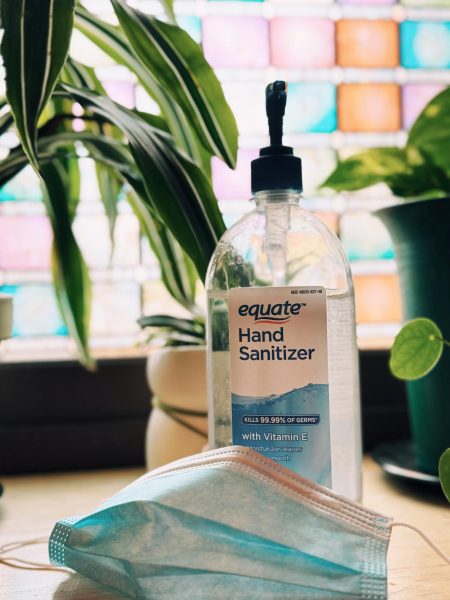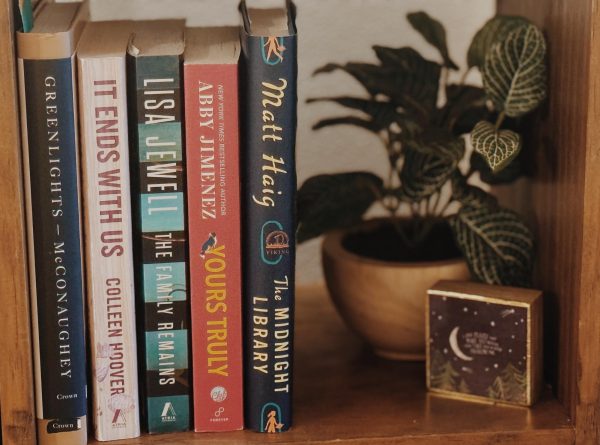VIEW: Blood
Every time there’s some form of tragedy or catastrophe, every holiday when the roads are jam packed with people traveling back and forth to visit friends and families, I get a call from the United Blood Services.
The call is usually a request for me to donate blood to help those in need of transfusions.
You see, my blood type is O positive, meaning I’m a universal donor. This means, of course, that my blood can be given to anyone who may be in need of it. And so I feel an obligation to donate.
I could be going to Biolife twice a week and making money by giving them my plasma, but instead I am going to places like the United Blood Services three times a year, donating double red blood cells and feeling like a corpse afterwards. And to me, that’s great.
You see with every call I receive from UBS, I get to hear a running tally of how many “lives I have saved” — by the last count it was upwards of 20 — and to hear that, even when I still question whether it is factual or not, is pretty fantastic.
There is a rush that comes with the idea that I have anonymously saved two dozen lives. It’s like being a superhero — a superhero who sits in a medical chair and watches YouTube videos while he’s snuggled up under a fleece blanket.
The process of giving blood is a rather fun and addicting process. It starts with an interview on the usual health questions, like “Are you taking any blood thinning medication?,” “Have you ever had intercourse with a prostitute?,” “Have you ever had sex with another man?” and my personal favorite “Did you serve in the U.S. Army between the years of 1976-1984?”
If you pass this interview, you will have your iron levels checked, along with your heart rate and blood pressure.
Then it’s on to the needle, which for the most part, isn’t that bad. I mean it’s a large needle, and it hurts, but on the whole it’s easy enough to forget that it’s a piece of metal inside of your body.
Then the machine begins to drain your blood and you get really cold. While your blood is inside the machine it separates the red blood cells from the plasma, and then returns the plasma, with some saline back into your blood. This is one of the oddest feelings I have ever had. It is amazingly refreshing, with the room temperature saline feeling like ice in your veins.
Then you repeat this back and forth for an hour or so, while you enjoy clips from “Last Week Tonight” and receive a blanket to keep you warm.
And just like that it’s over. You get disconnected from the machines, you choose a color of tape for your bandage, you get some free snacks and you go home to feel like you just died, but knowing that you did something good.
Alex Bertsch is the opinion editor of The Dakota Student. He can be reached at [email protected].











